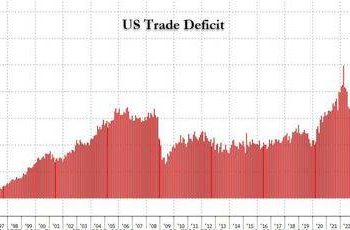Joe Biden’s Environmental Protection Agency (EPA) granted California permission on Wednesday to proceed with its plan to ban the sale of new gas-powered cars by 2035.
In August 2022, California enacted legislation mandating that all new car sales in the state be zero-emissions vehicles by 2035. With the EPA’s approval, the state now has the green light to implement this sweeping change.
The Biden administration has hailed California’s policy as a model for the nation, but critics argue the state lacks the infrastructure to support widespread electric vehicle (EV) adoption, especially during frequent power shortages caused by heatwaves and strong winds.
According to Fox News, the EPA granted two waivers under the Clean Air Act to facilitate California’s plan. The first waiver permits the state to mandate that 35% of new car and light-duty truck sales be zero-emissions vehicles by 2026, increasing to 90% below current emissions levels by 2027.
California’s policy has sparked backlash, with concerns about the affordability and practicality of EVs for many residents. This decision comes amid other controversial measures, such as a secret 50-cent-per-gallon increase in gas prices resulting from a California Air Resources Board (CARB) emissions reduction program.
CARB acknowledged that the increase—tied to its efforts to reduce emissions—would take effect annually starting in 2024. This comes in addition to California’s already high gas taxes.
“The middle class, the low-income families—they can’t afford gas to go to school, work, the grocery store, or the doctor’s office,” state Senator Janet Nguyen told Fox Business. “No one knows about this. People think it’s just another tax, but it’s a carbon tax on top of the state tax. It’s almost like a tax on a tax.”
With these new restrictions and costs, California’s aggressive push toward green energy continues to divide residents and lawmakers alike.
 Telegram is where we really talk. Don't miss out!
Telegram is where we really talk. Don't miss out!







